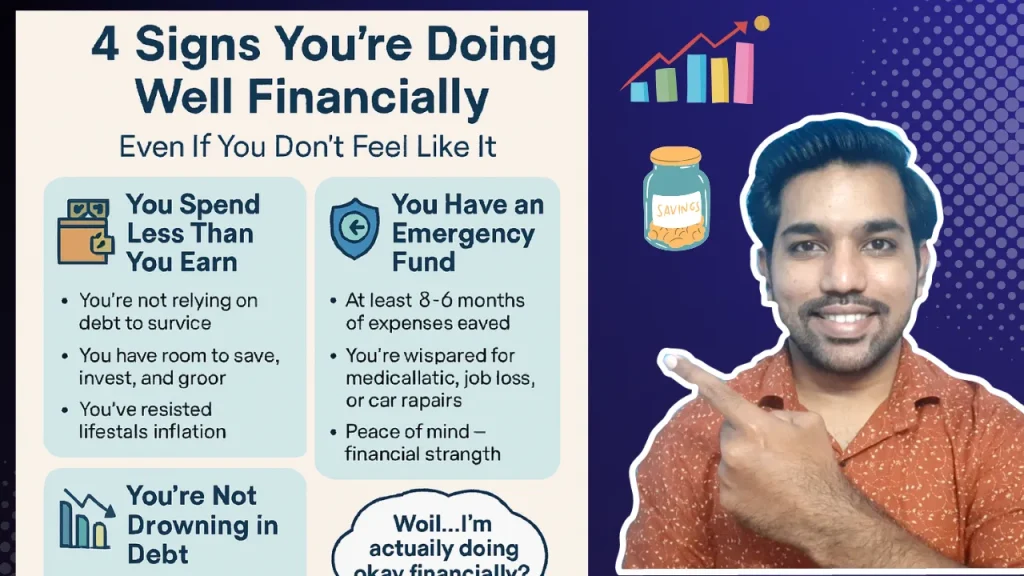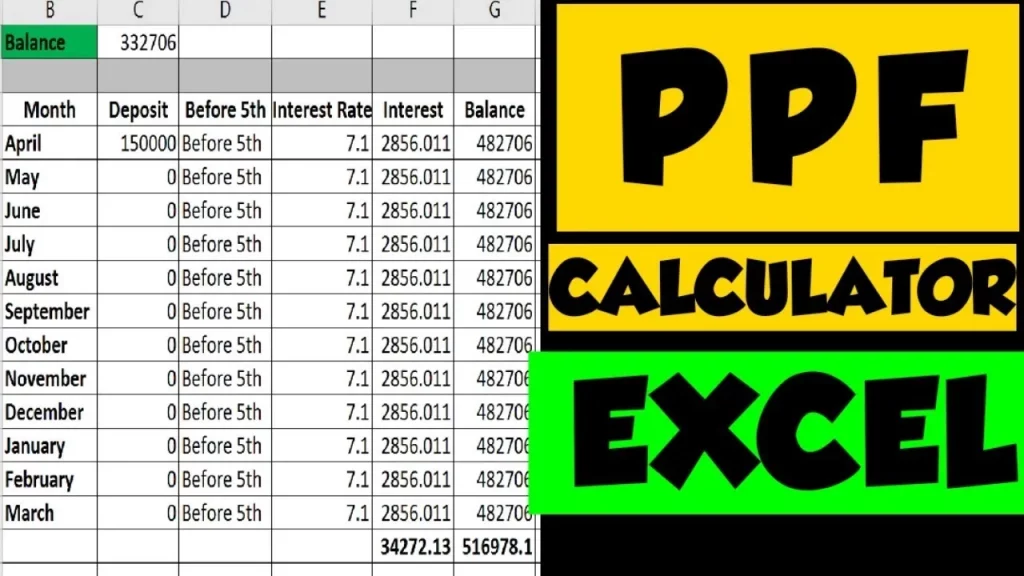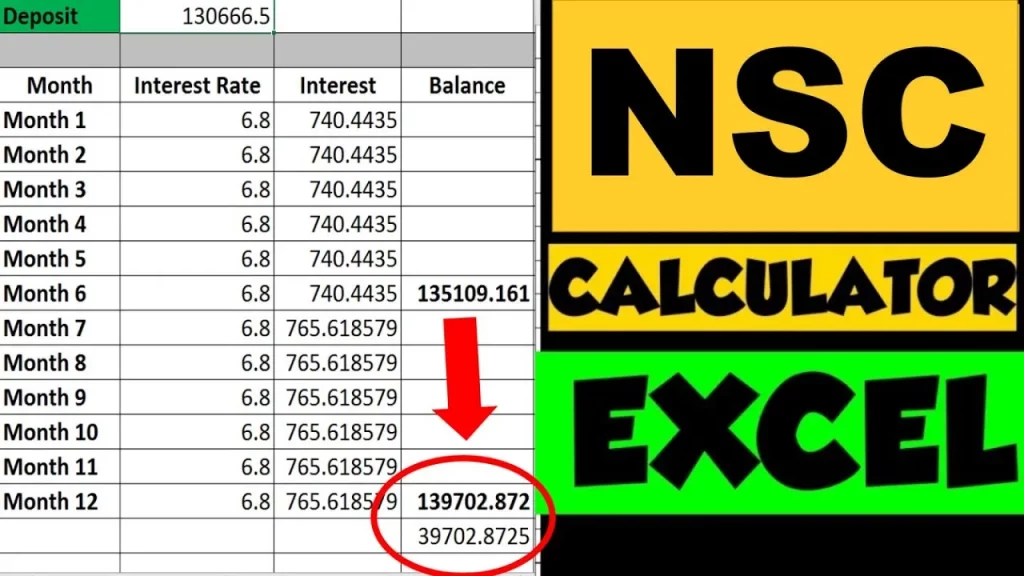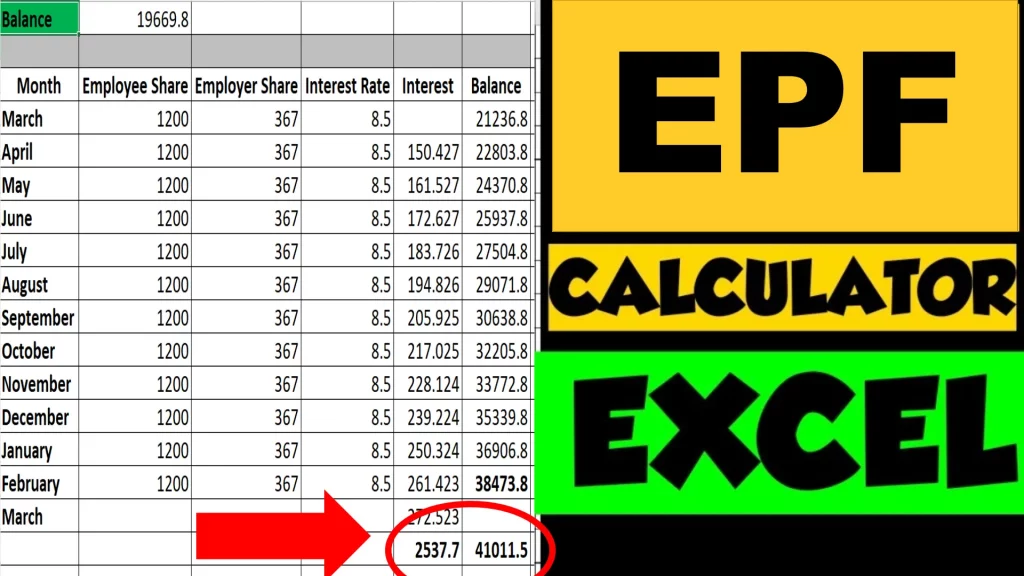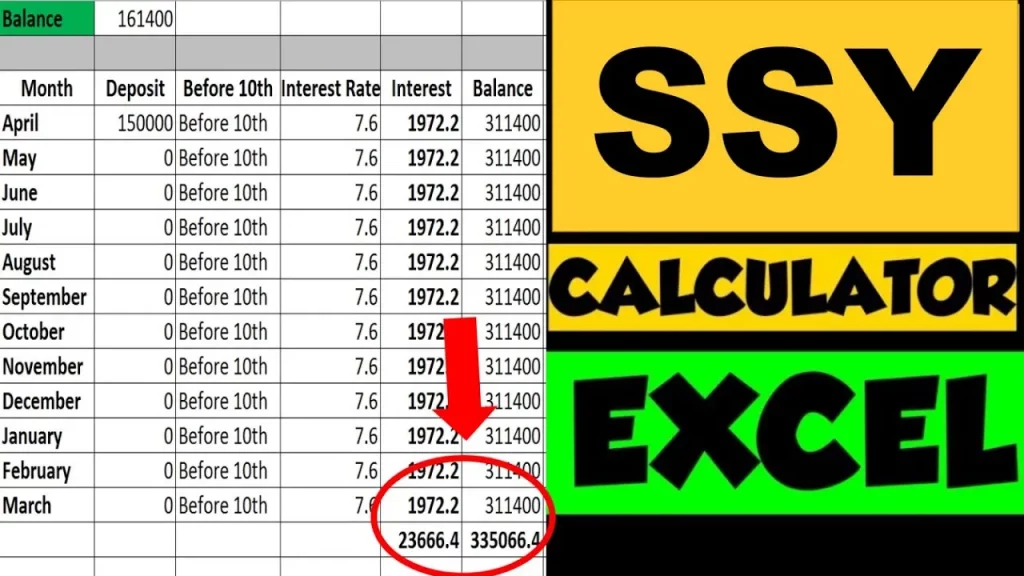In an age of social media and constant comparison, it’s easy to feel like you’re falling behind financially. 4 Signs That You Are Doing WELL Financially include – Playing the WealthGame, Not comparing yourself with others, Following Fundamental practices and using the individual Scorecard for your finance, since Personal Finance is more aboue “Personal” than “Finance”.
This article delves into the subtle yet powerful indicators that you’re on the right track financially and focuses on 4 Signs That You Are Doing WELL Financially, even if it doesn’t always feel that way. We’ll explore the difference between “playing the status game” and “playing the wealth game,” the psychological traps of comparison, and the fundamental habits that define genuine financial health.
Playing the Right Game: The Wealth Game vs. The Status Game
The first and most critical step to fuel your financial success is understanding which game you’re playing : the status game and the wealth game.
The status game is all about external validation. It’s the constant comparison of your possessions—your car, your home, your clothes—to those of your peers, colleagues, or even strangers on the internet. This game is a trap, leading to a relentless cycle of spending to keep up. As the book The Millionaire Next Door points out, many high-income earners are not actually wealthy; they simply have high expenses that match their high salaries. They are “big hat, no cattle” individuals who look rich but have little to no net worth. This is a game where you never truly win, as there will always be someone with a bigger house, a faster car, or a more expensive watch, leaving you in a state of perpetual dissatisfaction.
The wealth game, on the other hand, is an inner game. It focuses on the quiet, often unseen, actions that build genuine financial freedom. This includes things like the money you save and invest, the equity you build in your business, and the time and resources you spend on self-development. Playing the wealth game is about building a solid foundation that can withstand economic downturns and provide you with a sense of security and freedom. It’s the difference between looking rich and being rich. The wealth game is about building a life on your own terms, free from the pressure of external validation. It’s a game with a clear and achievable goal: financial independence.
ALSO READ: What are Equity Mutual Funds and Why you Should Invest
The Psychological Impact of Comparison: Why Your Perception of Success is Wrong
In today’s interconnected world, comparison is unavoidable, but it’s damaging our financial mindset. We are hardwired to compare ourselves to our peers, and this can have a significant psychological impact. While we may know the average salary in our country, the numbers that truly affect our sense of financial well-being are those of the people we interact with daily—our friends, family, and coworkers.
This is where the concept of loss aversion comes into play. According to behavioral finance, the pain of earning less than our peers is approximately twice as powerful as the pleasure of earning more. This means that even if you are doing well financially, a single glance at a friend’s new car or a coworker’s vacation photos can trigger a sense of inadequacy. This can lead to a dangerous cycle of discontent, where you feel the need to constantly upgrade your lifestyle to keep pace, damaging your own financial progress in the process. True financial well-being is often not about a higher number in your bank account, but rather the peace of mind that comes from living within your means and not falling prey to the comparison trap.
Three Fundamental Financial Practices That Signal Success
There are three core financial fundamentals that, if practiced consistently, are definitive signs that you are doing well financially. These aren’t flashy or complicated strategies; they are the bedrock of a stable financial life:
- Awareness of Your Relationship with Money: This is about more than just knowing your bank balance. It involves a deep understanding of your income, where your money goes, and a conscious effort to live below your means. Having a firm grasp of your budget and spending habits allows you to be in control of your money, rather than the other way around. Consistently saving and investing, even small amounts, is a clear signal that you are financially aware and intentional.
- Having an Emergency Fund: A healthy emergency buffer is a non-negotiable sign of financial stability. It’s surprising how many people live paycheck to paycheck without any safety net. A fund that can cover at least one month’s worth of living expenses puts you ahead of a significant portion of the population. This fund acts as a crucial barrier between an unexpected event (like a job loss or a medical emergency) and a financial crisis, preventing you from falling into high-interest debt.
- Manageable Debt: In today’s world, debt is a common reality. The key is whether your debt is manageable. Being able to pay your bills on time without relying on new debt is a strong indicator of financial health. When you can comfortably handle your monthly obligations and are actively paying down high-interest debt, you are taking control of your financial future. This is particularly important given the high average debt levels in many countries, where many people are trapped in a cycle of minimum payments and accruing interest.
ALSO READ: How to Start SIP Online
The Individual Scorecard: A Path to Financial Freedom
The final and most liberating point is the shift from a societal scorecard to an individual one. Society often rewards a lavish and visible lifestyle, but this is a false metric of success. True financial freedom comes from defining what success means to you, based on your own values and goals.
There is a powerful quote from Warren Buffett, who talks about living by an “inner scorecard.” This means measuring your success by your own standards, not by what others think. By focusing on your personal values—whether that’s having the freedom to travel, the ability to work on passion projects, or simply the peace of mind that comes with security—you can break free from the pressure to keep up with the Joneses. This approach allows you to build a life that is authentically yours, where your financial decisions are aligned with your deepest desires, not with the fleeting expectations of others.
Use below Retirement Calculator and plan for the Retirement phase:
Conclusion
The journey to financial success is less about hitting a specific number and more about cultivating the right mindset and habits. By choosing to play the wealth game instead of the status game, you can free yourself from the psychological traps of comparison.
By focusing on the fundamentals of financial awareness, building an emergency fund, and managing debt responsibly, you can build a stable foundation that allows you to pursue your life goals without constant financial stress. Ultimately, the most rewarding form of financial success is the peace of mind that comes from living by your own inner scorecard, knowing that you are on the path to genuine freedom and security.
Some more Reading:
- Key Lessons from 40 Money Books
- Bad Money Habits you Should Avoid
- 3 Monthly Schemes to get Passive Income
Frequently Asked Questions
How do I create a budget and stick to it?
A budget is a crucial tool for financial health. Start by tracking all your income and expenses for at least a month. A popular method is the 50-30-20 rule, where 50% of your after-tax income goes to needs (housing, groceries, utilities), 30% to wants (hobbies, entertainment, dining out), and 20% to savings and debt repayment. Sticking to a budget is a matter of discipline and making conscious choices. Automate savings and bill payments to make it easier, and review your spending regularly to make adjustments as needed.
Should I start investing? If so, what should I invest in?
Yes, investing is one of the most effective ways to build long-term wealth, as it allows your money to grow over time through compounding. The best time to start is now, as time in the market is more important than trying to time the market. You don’t need a lot of money to begin; many platforms allow you to start with small amounts. For beginners, a good place to start is with low-cost index funds or ETFs that provide broad market exposure and diversification. You can also look into your employer’s retirement plans, such as a EPF (Employee Provident Fund) or NPS (National Pension Scheme), especially if they offer a matching contribution.
How much should I have in my emergency fund?
Most financial experts recommend having an emergency fund that can cover three to six months of essential living expenses. This fund is meant to be a safety net for unexpected events like job loss, medical emergencies, or car repairs. It should be kept in a high-yield savings account where it’s easily accessible but separate from your daily spending accounts.
What is a good credit score and how can I improve mine?
A good credit score is generally considered to be in the 670-739 range, with scores above 800 being excellent. A high credit score can help you get better interest rates on loans and credit cards. To improve your score, focus on these key habits:
- Pay your bills on time: Payment history is the most significant factor in your credit score.
- Keep credit utilization low: Try to use less than 30% of your available credit.
- Avoid opening too many new accounts: Applying for a lot of credit in a short period can negatively impact your score.
How do I get out of debt?
There are two popular strategies for paying off debt:
- Debt Snowball Method: You pay off your smallest debts first, regardless of the interest rate. The psychological wins of paying off an entire debt can keep you motivated.
- Debt Avalanche Method: You prioritize paying off the debts with the highest interest rates first. This method saves you the most money in the long run. No matter which method you choose, the key is to be consistent and disciplined. You can also explore options like debt consolidation or working with a credit counseling agency.
Save Home Loan Interest Amount!
Use Home Loan Excel Calculator that will help you to Save Interest Amount on Home Loan EMI.
Click below button to download Home Loan EMI and Prepayment Calculator in Excel:
Watch how Home Loan Calculator in Excel Works
Income Tax Calculator App – FinCalC
For Income Tax Calculation on your mobile device, you can Download my Android App “FinCalC” which I have developed for you to make your income tax calculation easy.
What you can do with this mobile App?
- Calculate Income Tax for FY 2025-26 and previous FY 2024-25
- Enter estimated Investments to check income tax with Old and New Tax Regime
- Save income tax details and track regularly
- Know how much to invest more to save income tax
- More calculators including PPF, SIP returns, Savings account interest and lot more
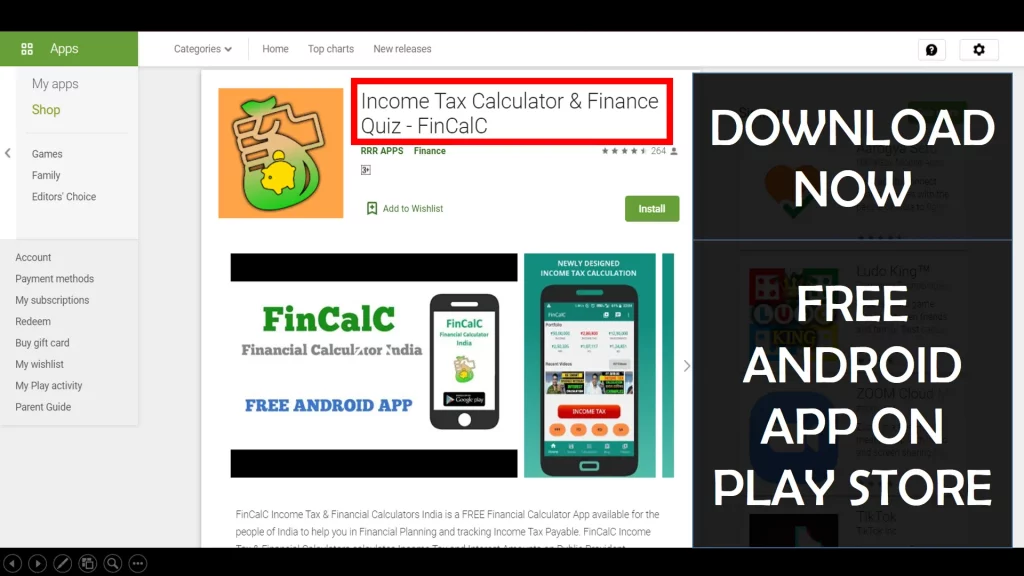
Use Popular Calculators:
- Income Tax Calculator
- Home Loan EMI Calculator
- SIP Calculator
- PPF Calculator
- HRA Calculator
- Step up SIP Calculator
- Savings Account Interest Calculator
- Lump sum Calculator
- FD Calculator
- RD Calculator
- Car Loan EMI Calculator
- Bike Loan EMI Calculator
- Sukanya Samriddhi Calculator
- Provident Fund Calculator
- Senior Citizen Savings Calculator
- NSC Calculator
- Monthly Income Scheme Calculator
- Mahila Samman Savings Calculator
- Systematic Withdrawal Calculator
- CAGR Calculator
I’d love to hear from you if you have any queries about Personal Finance and Money Management.
JOIN Telegram Group and stay updated with latest Personal Finance News and Topics.
Download our Free Android App – FinCalC to Calculate Income Tax and Interest on various small Saving Schemes in India including PPF, NSC, SIP and lot more.
Follow the Blog and Subscribe to YouTube Channel to stay updated about Personal Finance and Money Management topics.

